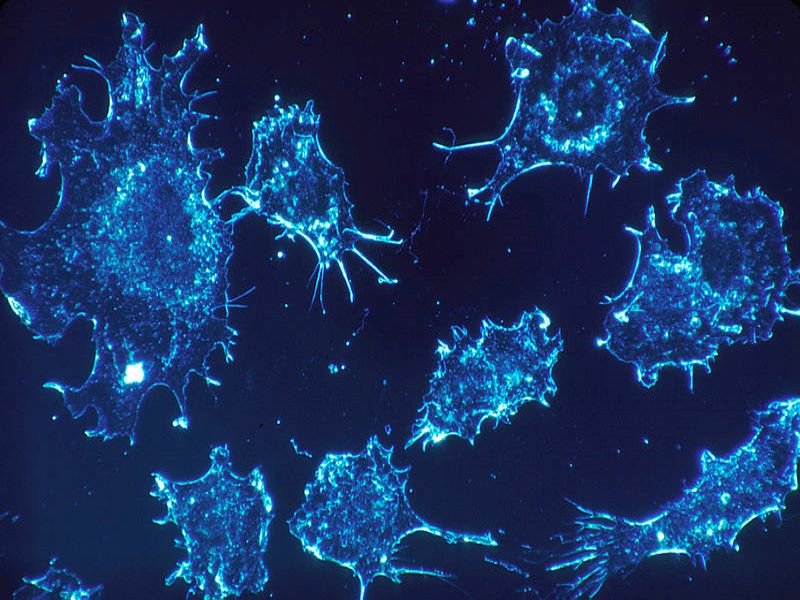
BridgeBio Pharma subsidiary QED Therapeutics has dosed the first patients separately in Phase III and II clinical trials of Infigratinib in oncology indications.
In the Phase III PROOF 302 trial, infigratinib will be evaluated for the adjuvant (post-surgery) treatment of invasive urothelial carcinoma.

Discover B2B Marketing That Performs
Combine business intelligence and editorial excellence to reach engaged professionals across 36 leading media platforms.
The trial has enrolled subjects with invasive urothelial cancer harboring susceptible FGFR3 genetic alterations with high-risk of recurrence following surgical resection. They will be randomised 1:1 to receive once-daily oral infigratinib or placebo.
The primary outcome of the trial is disease-free survival, while secondary outcomes include metastasis-free survival, overall survival, and safety and tolerability measures.
A second, investigator-initiated trial is studying infigratinib for the treatment of advanced and metastatic solid tumours with confirmed FGFR gene fusions/translocations or other FGFR alterations.
It is led by Sameek Roychowdhury of the Ohio State University (OSU) Comprehensive Cancer Center.

US Tariffs are shifting - will you react or anticipate?
Don’t let policy changes catch you off guard. Stay proactive with real-time data and expert analysis.
By GlobalDataThis Phase II open-label study will evaluate the efficacy of infigratinib in patients who have advanced or metastatic solid tumours that are positive for FGFR1-3 gene fusions/translocations or other FGFR alterations.
The primary outcome of this study, which is conducted at OSU and selected sites within the Oncology Research Information Exchange Network (ORIEN), is the overall response rate.
Progression-free survival, best overall response, disease control rate, overall survival, and measures of safety and tolerability are the secondary outcomes.
Commenting on the trial, Roychowdhury said: “Increasingly, oncologists are learning to classify their patients’ cancers based on genetic mutations, going beyond the origin of the tumour.
“Given the activity we have seen with infigratinib in FGFR2-fusion-driven bile duct cancers and FGFR3-altered urothelial carcinoma, our hope is that infigratinib will demonstrate similar activity in additional cancers that appear to be driven by alterations in FGFR.”





